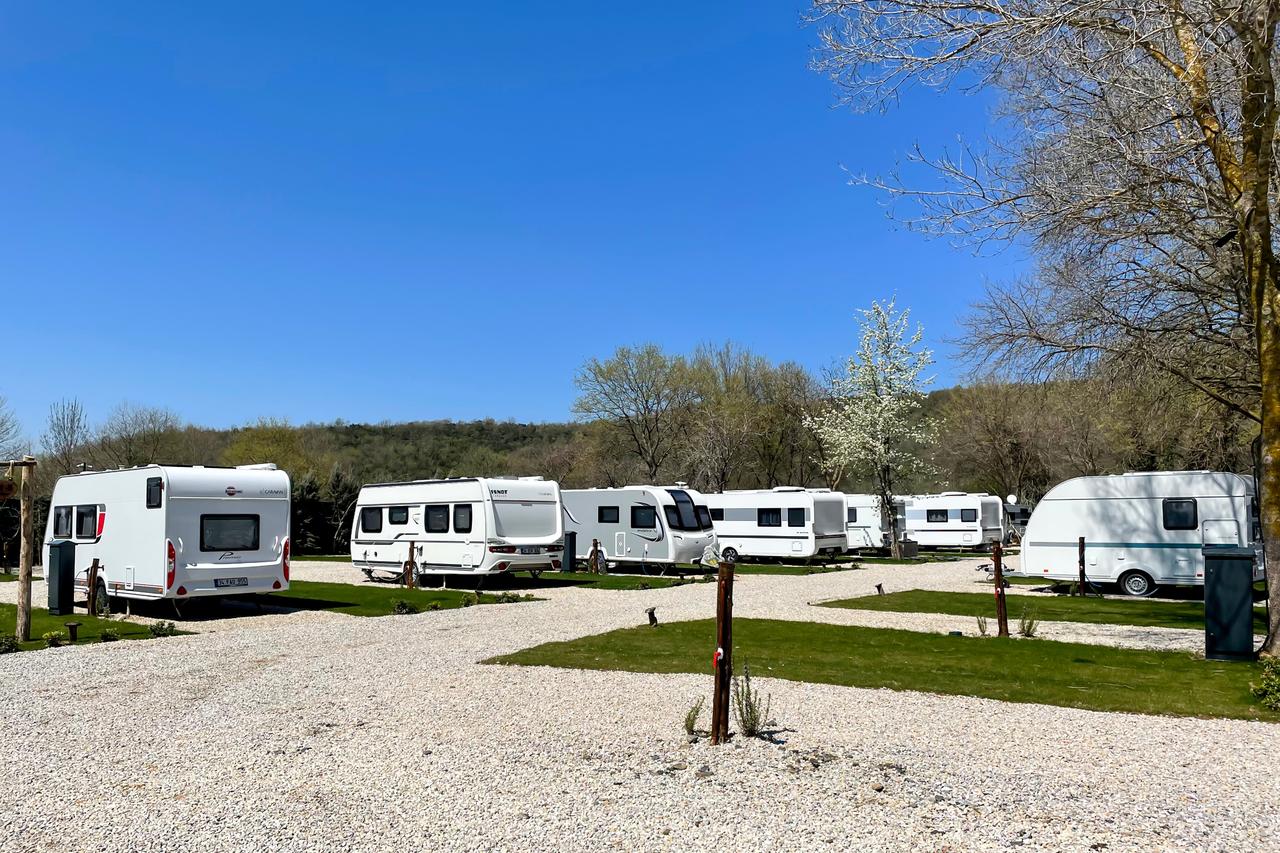
Istanbul’s governor has ruled that caravans can only park in areas approved by municipalities.
Vehicles will no longer be allowed to stop along coastal roads, green spaces, or public areas outside official caravan parks.
Why is Istanbul introducing caravan restrictions?
Authorities say the number of caravans has increased significantly, with many parking without permission.
Officials warned this affects public safety, traffic, and residents’ access to coastal areas and green spaces. The new rules aim to keep the city’s public spaces open while providing secure facilities for travelers.
The decision also cites Türkiye’s Tourism Promotion Law (Law 2634), which defines caravan and camp sites as tourism enterprises.
Municipal responsibilities for planning and regulating these areas fall under the Municipality Law (Law 5393) and the Zoning Law (Law 3194).
Under the order signed by Governor Davut Gul, municipalities must quickly identify and prepare new caravan sites. Each park must include:
Parks should be located where they do not disturb the environment or create access problems. Their size must reflect the city’s population and visitor numbers, with enough space for caravans to maneuver safely. Frequent inspections will be required.
Rules visitors and expats should know before parking
Caravans will be treated like hotel stays. Long term stays are not allowed, and all vehicles must register upon entry with license plates and ID information recorded.
Authorities say caravans found outside official sites will not be allowed to remain.
For expats and tourists traveling with caravans, the new system creates regulated parks with basic infrastructure.
At the same time, it prevents unregulated camping in public areas. Officials said municipalities should complete the new sites without delay.
The order was sent to the Istanbul Metropolitan Municipality, 39 district governorates, 39 district municipalities, the Provincial Police, the Provincial Gendarmerie, the Provincial Environment, Urbanization and Climate Change Directorate, the Provincial Culture and Tourism Directorate, and the Provincial Press and Public Relations Directorate.